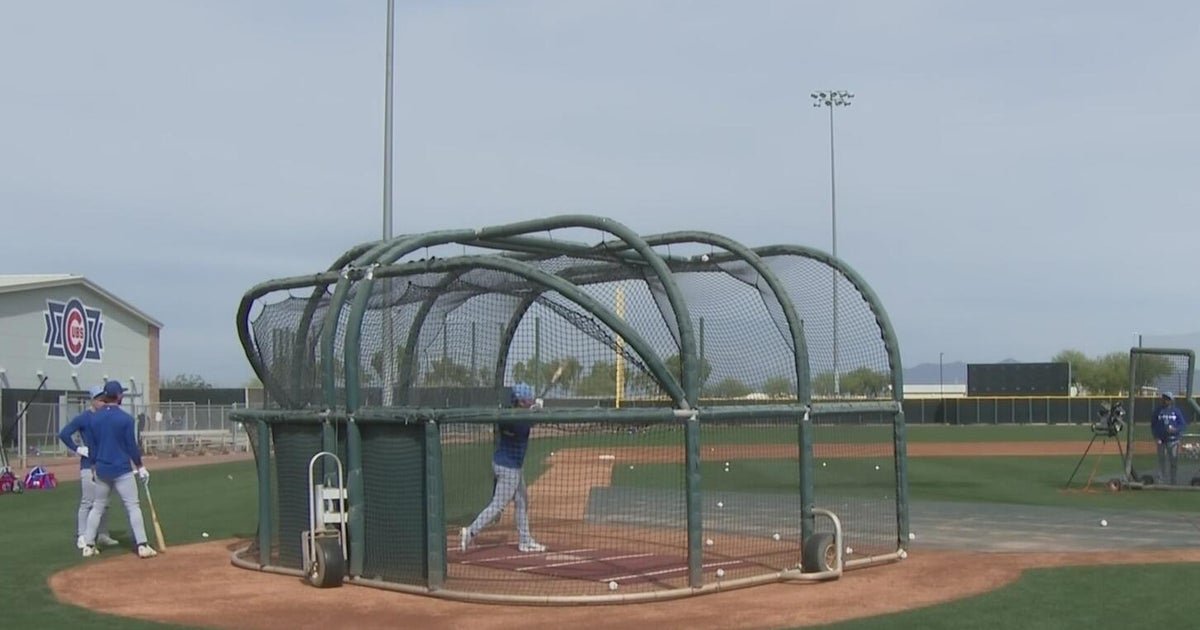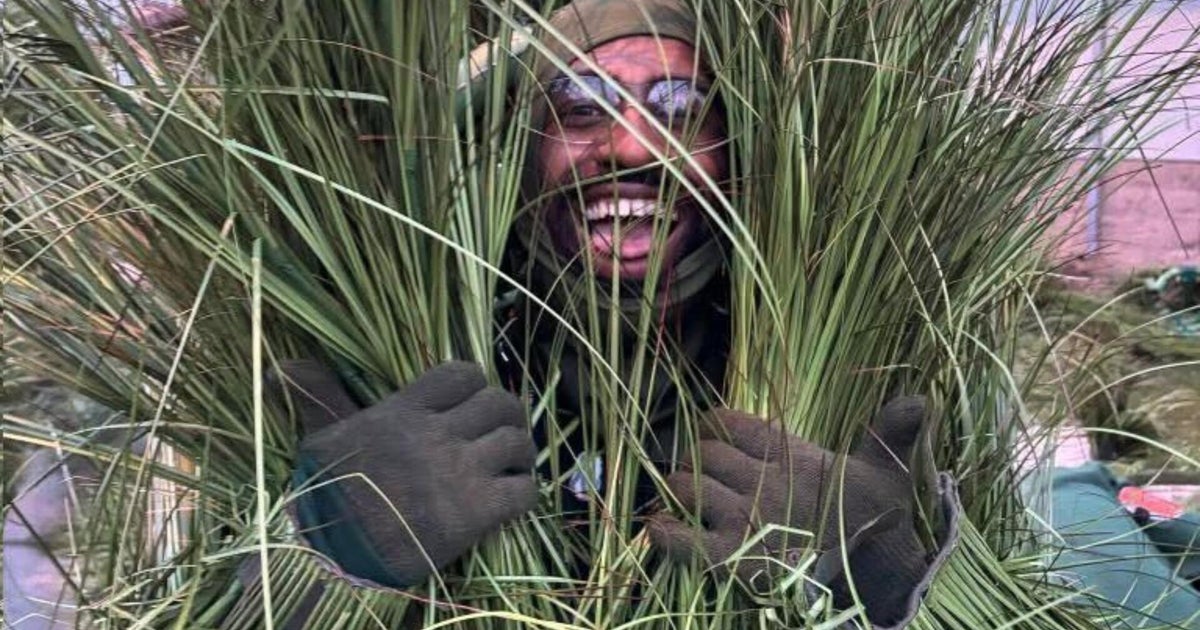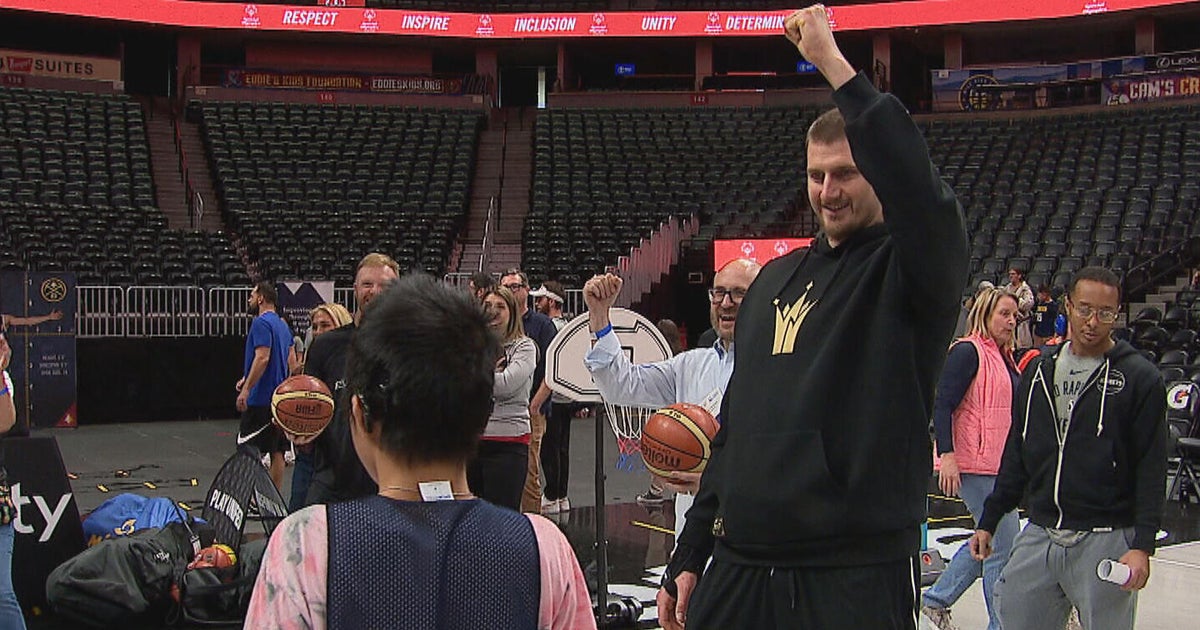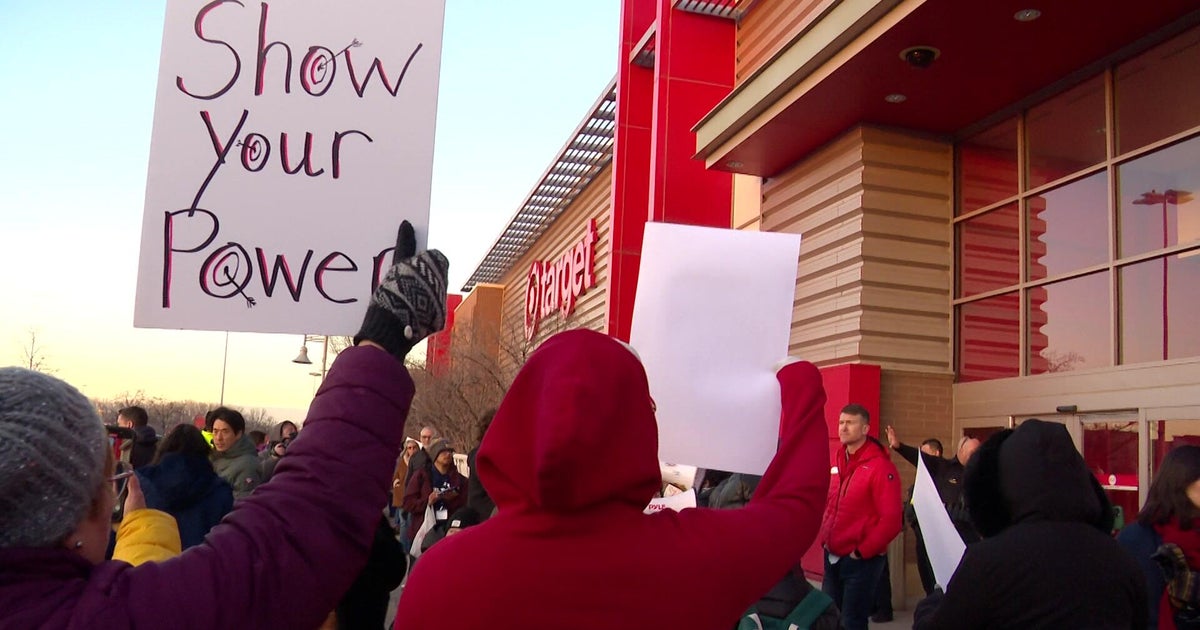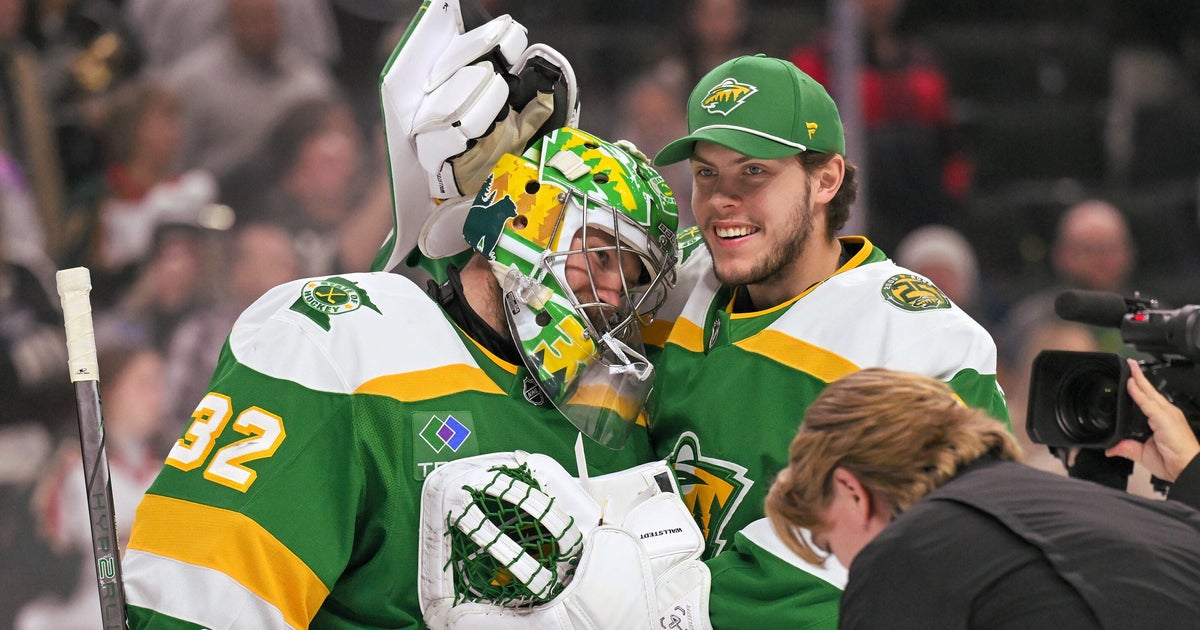Palladino: Bad Timing Hurts Eli Manning's Case For Extension
By Ernie Palladino
» More Ernie Palladino Columns
Timing is everything in contract negotiations.
There's a time to ask, a time to haggle, and a time to close the deal.
The Giants, apparently, haven't decided that now is the time to put the seal on what should turn out to be a lucrative extension for Eli Manning. But don't put all the blame on them. The quarterback and his agent may simply be victims of bad timing.
Whether reports of demands to make the Giants' leader the highest-paid player in the league are accurate or not, reports Manning went to great lengths to deny before Wednesday's practice, one fact looms over the entire issue. Manning and agent Tom Condon don't have the high ground. They're in the valley, looking up.
In other words, they aren't dealing from a position of strength. In an area where timing is everything, Manning couldn't have picked a worse point to negotiate any extension. Certainly, if he did slip out a little white lie or two in Wednesday's denial and really did demand all the dough in the bakery, that would represent the definition of arrogance.
After all, Manning and his two Super Bowl rings have missed the postseason the last three years. The Giants haven't had a winning record in two. And Manning is just two years removed now from one of his worst years as a pro.
Those would not present themselves as optimal circumstances for any team to dole out, oh, say the $99 million ($64 million guaranteed) over four years the Steelers handed his draft classmate Ben Roethlisberger.
Timing.
No bueno.
The Giants risk little in waiting, or not even granting him the extra years and their attendant big bucks. They have the franchise tag, which they can use at season's end to keep him around another year, thereby putting off any long-term commitment.
Or, if this season goes as badly as the last two campaigns, they can bite the bullet and say goodbye to a player they and most fans adore for his laid-back personality, quiet leadership, incredible work ethic, and -- most important -- two Super Bowl victories.
Players theoretically don't get paid for past performances. They get paid for what they can do now. Manning was paid handsomely after he won his first Super Bowl in 2007, as the Giants made him the league's highest-paid player with a $97.5 million extension in the 2009 training camp.
The Giants were still racking up double-digit wins, however. And they would take another title in Feb. 2012.
That seems like ages ago now, and one could make a legitimate argument that Manning simply doesn't deserve Roethlisberger money. His 2013 season marked a drop in passing yards, to say nothing of the career-high 27 interceptions he threw against just 18 touchdowns.
He improved a lot last year with 30 touchdowns and just 14 picks. Last week's weak showing against the Bengals notwithstanding, he appears ready to step up another rung in offensive coordinator Ben McAdoo's passing offense.
With weapons like Odell Beckham, Jr., a healthy Victor Cruz, and a maturing Rueben Randle available to him, he's lined up for a big 2015 season.
But he hasn't had it yet.
If cooperation, work ethic, professionalism, and pure, unadulterated wholesomeness alone determined salaries, Manning's would rank at the top by many, many dollars. Those factors come way down the list, however. Teams don't hand over millions because somebody's a good guy.
For any number of reasons, Manning hasn't done enough since Super Bowl XLVI to warrant the league's biggest contract.
The timing just isn't right.
